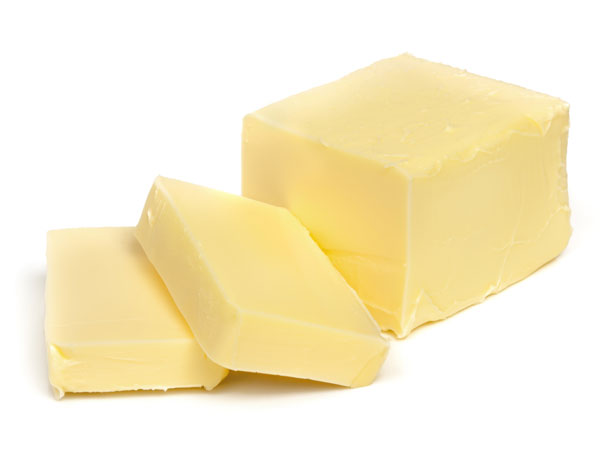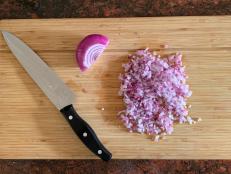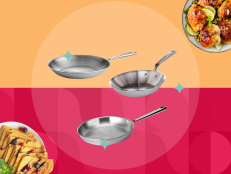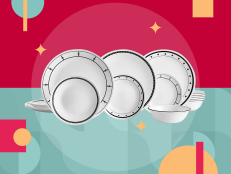How Butter Was Born — and Why It Spread
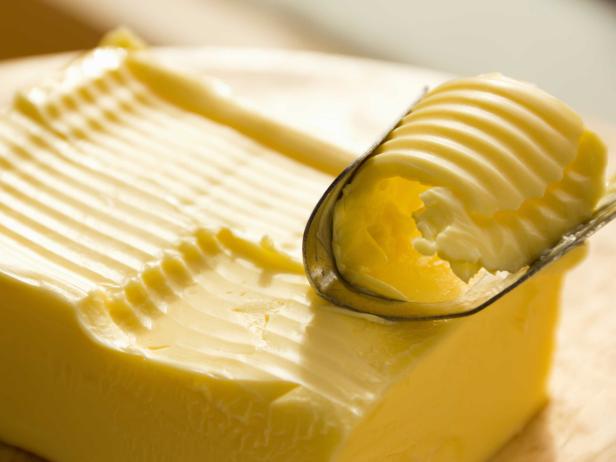
lutavia/iStock
Now that butter is back in our culture’s collective good graces, butter lovers (read: most of us, since butter consumption recently hit a 40-year high) may be ready to regard its past. That may be the thinking behind Butter: A Rich History, a new book whose author, food writer and former pastry chef Elaine Khosrova, has been making the rounds to dish about butter’s rise from its origins to its exalted place on our tables today.
The promotion of Khosrova’s book has provided those she has spoken with the opportunity to whip out their best butter puns. (“Spread” is a constant, but bonus points to Smithsonian magazine headline writers for shmearing it on thick with a double pun: New Book Clarifies Butter’s Spread …).
It has also provided some interesting insights, such as the below bits that rose, like cream, to the top of NPR’s recent look at the book (complete with an excerpt):
Origins
Khosrova traces butter’s beginning back to ancient Africa, in 8000 B.C., when a herder making a journey with a sheepskin container of milk strapped to the back of one of his sheep found that the warm sheep’s milk, jostled in travel, had curdled into something remarkably tasty.
Early Sources
The first butters came from the milk not of cows, but of other domesticated animals, like yak, sheep and goats, Khosrova maintains.
Early Methods
Eventually people stopped using the backs of animals to agitate their butter and began to churn in pouches dangling from the limbs of trees, a method that, Khosrova writes, is still employed in some areas of North Africa and the Middle East.
Medicinal Purposes
In Ancient Rome, where olive oil was preferred as a bread topping, butter was nevertheless prized for its usefulness as a healing unguent and in cosmetics, Khosrova reports.
Sacred Object
Some ancient civilizations considered the transformation of milk into butter to be akin to magic, Khosrova observes, which may explain why Ancient Sumerians used it as an offering to honor the gods. Similarly, ancient bog butter in Ireland may have been offered up to appease the pagan gods.
Subject of Rebellion
Butter may have inspired the first known student protest in United States history: Harvard University’s Great Butter Rebellion of 1766. According to Khosrova, the uprising began when the dining hall served the student “a meal containing particularly rancid butter,” as NPR puts it. That unpalatable offering prompted a student who would later become Henry David Thoreau’s grandpa to jump onto his chair and holler, “Behold our butter stinketh! Give us therefore butter that stinketh not!”
Were butter — er, better — words ever spoken?
Related Links:
Photo: iStock






















